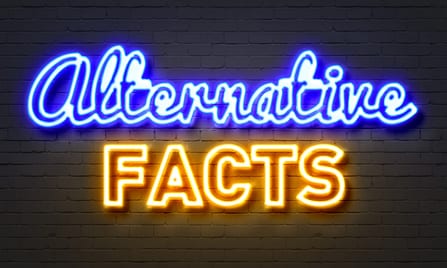
© ronstik – Adobe Stock
The Regional Court of Hamburg (LG Hamburg, Beschluss v. 2.12.2020, Az. 315 O 486/17) has imposed a fine of EUR 3,000 on the application of an issuing house against a law firm specializing in banking and capital market law.
The decision was based on an interim injunction – which has since been confirmed by judgment – prohibiting the law firm from advertising for clients with disparaging statements.
LG Hamburg prohibits disparaging client advertising
In October 2017, the Hamburg Regional Court had already prohibited the investor protection law firm from unlawful advertising with false, disparaging claims as part of preliminary injunction proceedings (LG Hamburg, Beschluss v. 11.10.2017, Az. 315 O 378/17).
The decisions were In its ruling dated March 15, 2019, the Hamburg Regional Court confirmed this ban even after holding an oral hearing in the main proceedings.
Be careful with client advertising on YouTube!
In a promotional video posted on YouTube, the law firm disparaged the issuing house’s financial products for no reason and even described it as a “masterful capital destroyer”. Following the disparagement, there was of course also a reference to the fact that customers should have their investments checked as part of a free initial assessment.
The Hamburg Regional Court agreed with the applicant with its interim injunction that the client advertising violated the personal rights of the issuing house, as the disparagement had no basis whatsoever, and ordered the law firm to cease and desist by way of an interim injunction. The law firm now had to delete the video immediately and also refrain from making further similar disparagements.
We reported here:
Hamburg Regional Court also confirms ban in the main action
In a ruling dated March 15, 2019, the Regional Court of Hamburg confirmed this ban even after holding an oral hearing as part of the main proceedings. The court followed the plaintiff’s argument that it could demand that the defendants refrain from making the statements mentioned in the operative part of the judgment as they were damaging to credit and not demonstrably true.
The defendants had claimed that the plaintiff was again (=once again) masterfully (=intentionally) living up to an already existing reputation as a “capital destroyer” in the management of the fund companies it had set up. However, the defendants were unable to provide any basis for these allegations, let alone prove them. There was no evidence of repeated, “masterful” destruction of capital.
We reported here:
Value in dispute € 50,000.00, fine of up to € 250,000.00
The investor protection law firm now had to refrain from making the statements in question. In the event of non-compliance, an administrative fine of up to € 250,000 or up to six months’ imprisonment was threatened. As in the preliminary injunction proceedings, the Hamburg Regional Court set the amount in dispute at €50,000.
Law firm did not ensure the removal of advertising on third-party sites
The “Anlegerschutzkanzlei” subsequently deleted the video. However, it later transpired that it had not only uploaded the advertisement for the client to YouTube, but had also made it publicly accessible on its website in the form of an advertising article. Although she later deleted this, she did not ensure that the post was also removed from third-party sites that had taken it over in the meantime.
The plaintiff did not want to put up with this behavior, especially because although the original publication sites had been cleaned up, she was still publicly defamed in the context of the defendant’s mandate acquisition article.
Hamburg Regional Court sets fine of 3,000 euros
She therefore filed an application for an administrative fine, which the Regional Court set at 3,000 euros (LG Hamburg, Beschluss v. 2.12.2020, Az. 315 O 486/17).
The Chamber agreed with the plaintiff that the law firm was also responsible for the removal of the articles on the third-party sites. The fact that it had not directly caused these infringements itself, but third parties, did not change this. The publications in question were of economic benefit to the defendant, as its services continued to be offered there at the plaintiff’s expense. It also had to expect further infringements.
The defendant had reacted inadequately
The defendant had contacted the website operator with a letter. However, this was not sufficient.
Irrespective of the fact that the letter was clearly unsuccessful in terms of removing the content in dispute, it also did not meet the requirements that case law generally places on influencing third parties. The letter did not contain the correct links via which the article could still be accessed, nor did it refer to the existing legal title or possible consequences in the event of infringement.
Lawyer Arno Lampmann from the law firm LHR:
“Fortunately, the case law of the highest court on liability for contributions on third-party websites is consistently implemented by the courts. While it is still understandable that the author of a contribution does not want to be liable for the actions of third parties with which he has nothing to do, this understanding finds its limits where the originator deliberately disseminates advertising articles on the Internet in such a way that they are gratefully received and further disseminated by third party sites, so that they continue to benefit him economically even after deletion from his own site. The debtor must then at least do everything in his power to encourage the third party sites to remove the post in question.”
(Disclosure: Our law firm represented the plaintiff).

